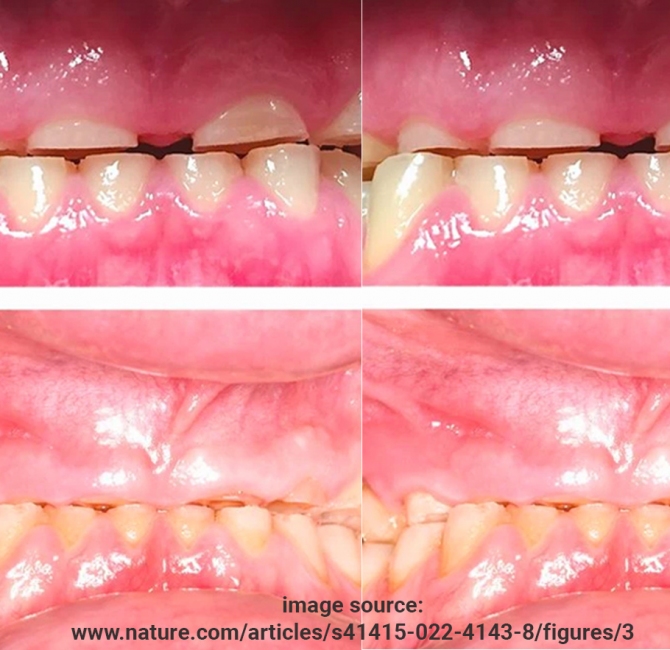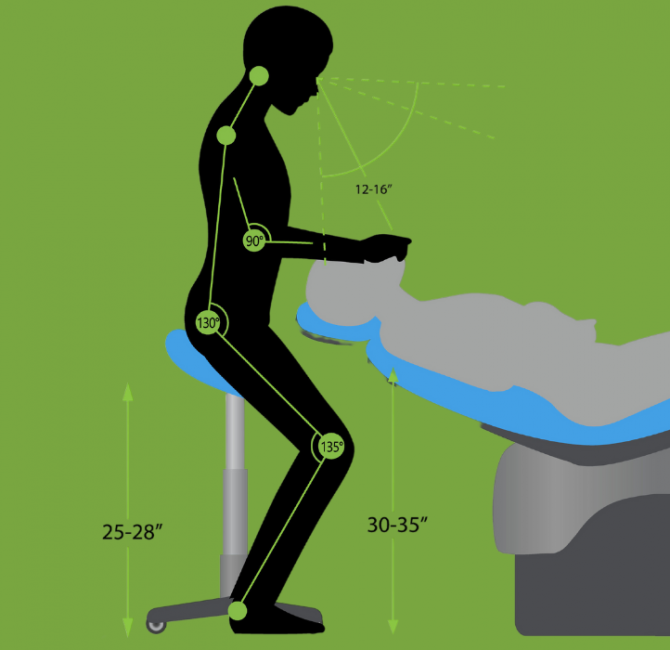A study by researchers at King’s College London has estimated that one in four children and young people use their smartphones in a way that is consistent with a behavioural addiction. The research was published in BMC Psychiatry.
By analyzing literature that has been published since 2011 when smartphones first became widespread, the range of studies showed that 10-30% of children and young people used their smartphones in a dysfunctional way, which means an average of 23% were showing problematic smartphone usage (PSU). PSU was defined as any behaviour linked to smartphones with features of an addiction, such as feeling panicky or upset when the phone is unavailable, finding it difficult to control the amount of time spent on the phone and using the phone to the detriment of other enjoyable activities.
The study is the first to investigate the prevalence of PSU in children and young people at this scale, summarizing findings from 41 studies having researched a total of 41,871 teenagers and young people. The 41 studies included 30 from Asia, nine from Europe and two from America. Fifty-five per cent of the participants were female, and young women in the 17 to 19-year-old age group were most likely to have PSU.
The researchers also investigated the links of this type of smartphone usage and mental health and found a consistent association between PSU and poor measures of mental health in terms of depressed mood, anxiety, stress, poor sleep quality and educational attainment.
“Behavioural addictions can have serious consequences on mental health and day-to-day functioning, so there is a need for further investigation into problematic smartphone usage. In order to determine whether PSU should be classified as a behavioural addiction we need longitudinal data looking at PSU in relation to more objective health outcomes, as well as evidence people with PSU struggle to moderate use,” says Samantha Sohn, first author from the Institute of Psychiatry, Psychology & Neuroscience at King’s.
Co-senior author Dr. Ben Carter says, “There is currently a lot of public discourse around the possible negative effects of smartphone use, and previous research tended to only examine the quantity and frequency of time spent on any technology or screen. This review assesses the effects of not just heavy use, but of dysfunctional smartphone use, and by looking at an ‘addicted’ pattern of behaviour towards smartphones we have established correlations between this type of dysfunctional behaviour and poorer mental health outcomes.”
Over the past decade there has been an increase in smartphone use among children and young people and this has occurred at the same time as a rise in common mental disorders in the same age group. To help clarify the possible association between smartphone use and mental health in children and young people the researchers investigated patterns of smartphone-related behaviour, rather than smartphone use.
“Smartphones are here to stay and there is a need to understand the prevalence of problematic smartphone usage. We don’t know whether it is the smartphone itself that can be addictive or the apps that people use. Nevertheless, there is a need for public awareness around smartphone use in children and young people, and parents should be aware of how much time children spend on phones,” says co-senior author Dr. Nicola Kalk.



